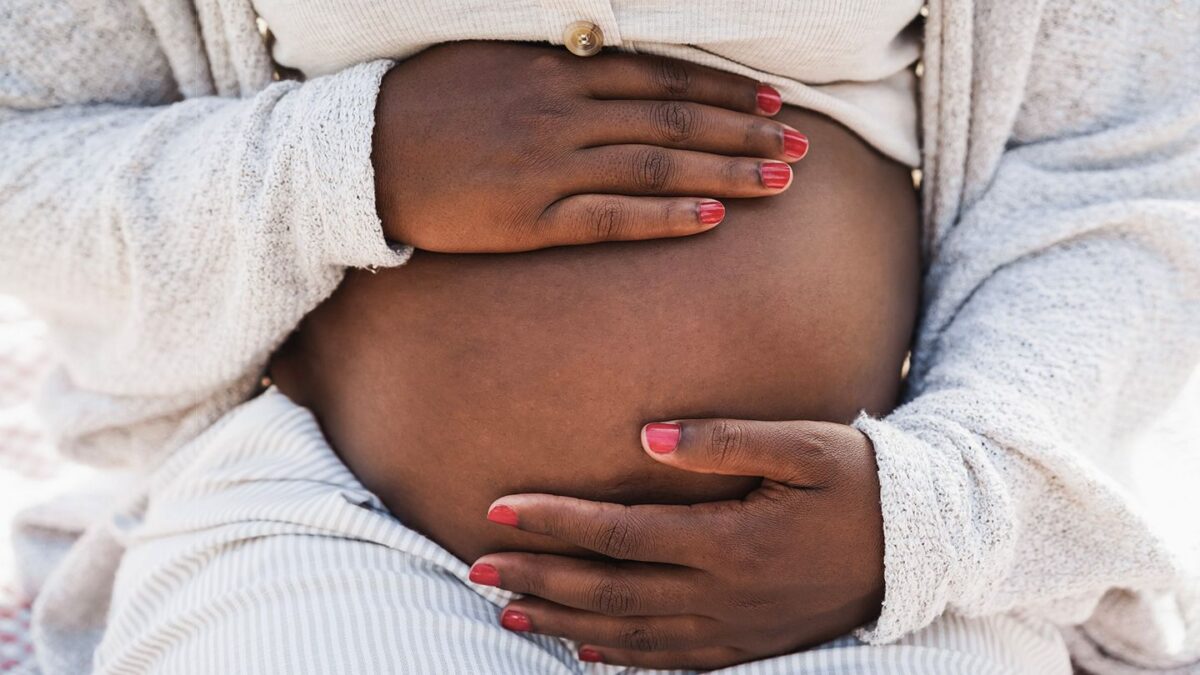


Nigeria Ranks 2nd in World Maternal Deaths
Nigeria is now second highest among countries with a high number of maternal deaths in the world, a new report from the World Health Organisation, WHO has disclosed.
The report tagged the 2023 Progress Report, revealed that Nigeria accounts for 29 per cent of the global toll in 290,000 maternal deaths cases every year and may miss the SDG target by 2030
The country also ranked highest globally in incidences of neonatal and child deaths. The report also highlighted 8 other countries with high maternal, neonatal and stillbirths including Pakistan, the Democratic Republic of the Congo, Ethiopia, Bangladesh, China, Indonesia, Afghanistan, and the United Republic of Tanzania.
The report showed that maternal and infant mortality rates in Nigeria have stagnated since 2015, approximately occurring every year.
The world health body warned that based on current trends, over 60 countries, including Nigeria, may miss maternal, newborn, and stillborn mortality reduction targets set in the Sustainable Development Goals by 2030.
The report which blamed the trend on disruptions by the COVID-19 pandemic also showed that Nigeria took the second position as more women continued to die from pregnancy-related problems in the last three years.
Other factors of concern include growing poverty, worsening humanitarian conditions and inadequate funding bedevilling countries across the globe.

Golden Eaglets Crash to Burkina-Faso at U17 AFCON
Following a 2-1 quarterfinal loss to fellow West Africans Burkina Faso on Thursday, the Golden Eaglets’ chances of qualifying for the 2023 U-17 World Cup and winning the U-17 Africa Cup of Nations for the first time in 16 years were destroyed.
At the Nelson Mandela Stadium in Algiers, forward Aboubacar Camara assisted on both of the Burkinabe’s goals as they took a 2-0 lead.
However, Eaglets forward Abubakar Abdullahi cut the lead in half midway through the second half, but it was insufficient as the Baby Stallions secured a tenacious victory to advance to the U-17 AFCON semifinals in Algeria and book a World Cup ticket.
The Eaglets made a strong start to the game but found it difficult to penetrate Burkina Faso’s defense. Eaglets coach Nduka Ugbade did not make any changes to the team that defeated South Africa 3-2 in their previous group game.
Just two minutes after the game’s start, Charles Agada had the first opportunity, but goalkeeper Abdoulaye Traore stopped his close-range attempt.
The Baby Stallions’ defense eventually cleared Abdullahi’s remarkable effort from beyond the box six minutes after he thought he had given the Eaglets the lead.
Nigeria maintained their control and nearly received a reward, but once more the Burkinabe woodwork saved them, with Agada hitting the upright 15 minutes into the game.
The Eaglets cleared their lines to keep the score tied after Brahima Traore’s team had their first opportunity of the game in the 39th minute.
Nevertheless, Burkina Faso took the lead with just one minute remaining in the first half, despite the Eaglets’ dominance during that period.
Tochukwu Ogboji, a defender, attempted to clear the ball but made a poor connection, allowing Aboubacar Camara the opportunity to seize the opportunity and give their opponents the lead going into halftime.
The Eaglets continued to dominate but failed to take advantage of their opportunities in the second half, just like the first 45 minutes.
The Stallions extended their lead 12 minutes after the restart from the spot after the referee gave a penalty for a clumsy challenge inside the Nigerian box, even though Ugbade’s team had 60 percent of the possession.
After Camara calmly converted from the penalty spot to make it 2-0, Abdullahi scored for the record world champions 10 minutes later, but it was too late.
The Eaglets’ efforts to score an equalizer were unsuccessful, and substitute FavourUgbade’s team should have scored a late equalizer thanks to Daniel’s looping header, but the excellent Traore blocked the goal-bound attempt.
However, Burkina Faso managed to hold on and defeat the Eaglets, earning a storied victory and securing their spot in the 2023 World Cup.
In the tournament’s semifinals, they will now play Senegal, the tournament favorite.

President, Governors and Judges got N651m Hazard Allowance
According to the website of the Revenue Mobilisation and Fiscal Allocation Commission(RMFAC), the President, Muhammadu Buhari and his Vicet Yemi Osinbajo, state governors, and their deputies as weell as Judges across the country have enjoyed about N651.2m hardship allowance in the last eight years of the Buhari administration.
The hardship allowance, which is 50 per cent of the annual basic salary, is given to member of the executives and Judiciary.
The RMAFC document disclosed that the president is entitled to N1.76m annually as a hardship allowance. This means that within a period of eight years, Buhari would have earned N14.08m as hardship allowance.
The Vice President is entitled to N1.52m annually, which means that in eight years, Osinbajo would have earned N12.16m as hardship allowance.
While a state governor is entitled to N1.11m annually, a deputy state governor is entitled to N1.06m.
In eight years, the hardship allowance of the 36 state governors would have gulped N319.68m while that of their deputies would have gulped N305.28m.
In comparison, Nigerians are asking who determines the level of hardship faced by citizens and how they are compensated.







